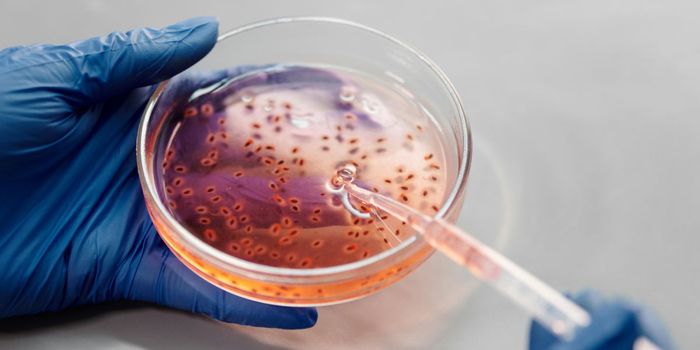Genetic Characterization of Bipolar Disorders, Major Depressive Disorder
Mood disorders, like Bipolar, Major Depressive Disorder, and Schizophrenia, among others, are difficult to define clinically. Unlike disorders that affect a patient's physical being, mood disorders cannot be measured and manifest differently between patients while sharing many symptoms, making it difficult to diagnose correctly and manage.
A new Genome-Wide Association study from King's College in London examined genetic data from 185,000 patients with either Bipolar Disorder (types 1 and 2), and Major Depression, with 439,000 controls to determine distinct genetic markers for each of the three mood disorders.
The study revealed a stronger correlation between Bipolar type 2 and Major Depression than between the two types of Bipolar Disorder. This link is especially clear with single-episode patients of Major Depression more than chronic sufferers.
Both types of Bipolar Disorder, or Manic-Depressive Disorder, are defined by cycles of mania- over stimulation, reduced desire to sleep, racing thoughts, euphoria, and irribilty- followed by major depression. Bipolar type 1 is represented with cycles of mania and depression about equally, while in type 2, depression takes a larger share of the cycle.
Having known genetic markers for mood disorders will help doctors distinguish whether a depressive episode is likely to be a single event, or progresses into a chronic mood disorder. Dr. Jonathan Coleman, the first author of the study, says, "genetic testing won't ever replace clinical insight," but could expedite treatment and management options.
Sources: Coleman et. al., ScienceDaily, Mayo Clinic








